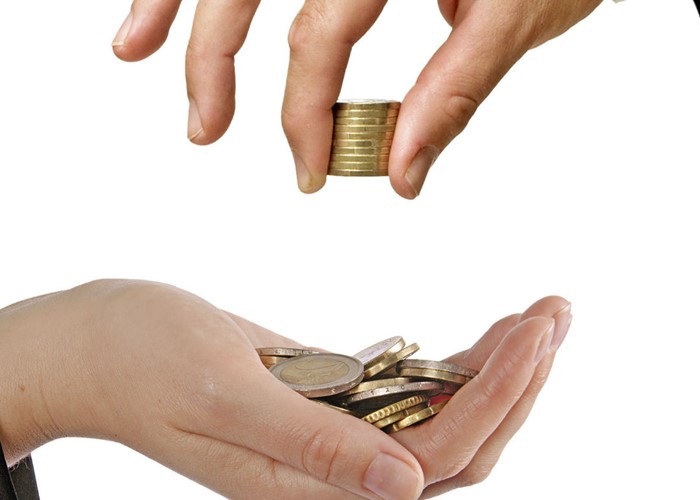Lower inflation and higher real pay in short term, says Bank of England

Prices are set to keep falling this year, boosting our spending power, the Bank of England has said.
Price inflation, currently at a record low of 0.5%, will potentially turn negative, the Bank of England has said in its latest Inflation Report.
However, the bank expects it to return to its 2% target within the next two years.
Governor Mark Carney revealed he has written his first open letter to Chancellor George Osborne to explain why inflation is so low.
In his letter, Governor Carney cited falls in food and energy prices as “two-thirds” of the reason for the gap between inflation now and the 2% target. The rest is due to a continuing “degree of slack in the economy”.
However, in the Inflation Report press conference, Governor Carney called them a “one-time adjustment” that the bank was “going to look through”. Despite this, it’s predicting inflation is going to fall again in the short-term due to drops in fuel and energy costs.
One consequence of this low inflation is the bank is predicting real take-home pay will rise at its fastest rate for a decade this year.
Future forecasts for inflation and interest rates
The bank is continuing to say that the most likely move for interest rates is upwards, despite a risk of worsening economic conditions stemming from factors such as the current turbulence in the Eurozone.
A recent average of forecasts by other forecasters has inflation rising back to 2% by the first quarter of 2017, with interest rates forecast to have moved by the beginning of next year and up to 2.4% by the first quarter of 2018.
Meanwhile, January’s Treasury average of economic forecasts had inflation at 1% by the end of 2015, with interest rates having risen marginally to 0.8%.
More money and cheaper mortgages
In the short-term, the continued falls in food and energy prices mean we have more money in our pockets so offers an opportunity to pay down any debt you have or boost your savings for the future.
If you have a mortgage, rates continue to fall to record lows, as banks and building societies have been able to borrow more cheaply. If you’re on a fixed rate that is ending in the next six months or so, or you’re on your mortgage lender’s standard variable rate (SVR) it’s worth looking around to see if you can reduce your monthly repayments by switching.
Just ensure you factor any booking or arrangement fees into your overall costing.
But more pain for savers
For savers, the continued wait for a rise in interest rates go on, and savings rates continue to fall. If you have savings in cash, you might want to look at current accounts for a better return. Or for the prospect of greater reward, albeit with greater risk, there are the likes of peer-to-peer lending and investing in a stocks & shares ISA.
Compare investments including stocks & share ISAs and SIPPs
More:
Where to earn most interest on your cash
Comments
Be the first to comment
Do you want to comment on this article? You need to be signed in for this feature